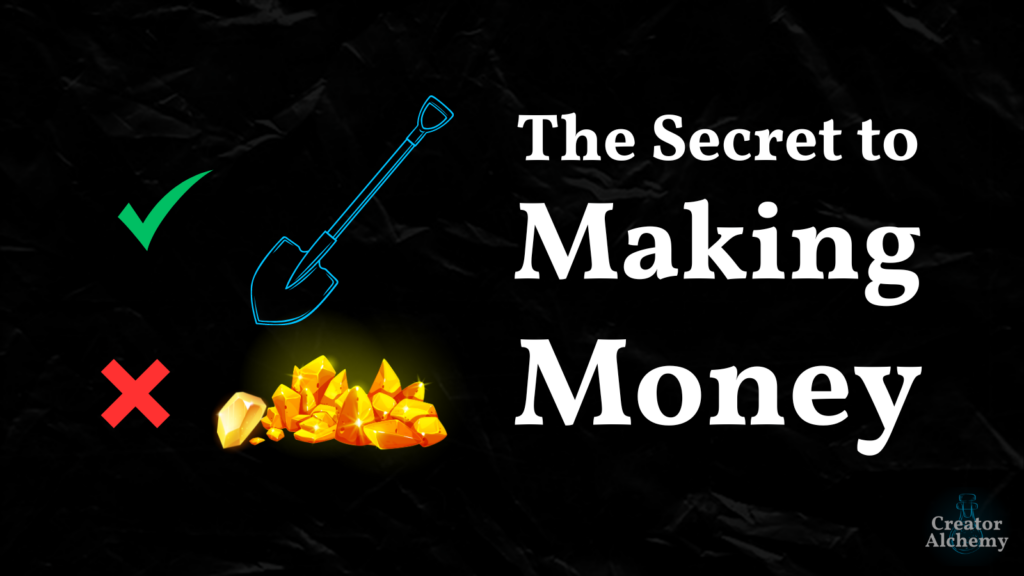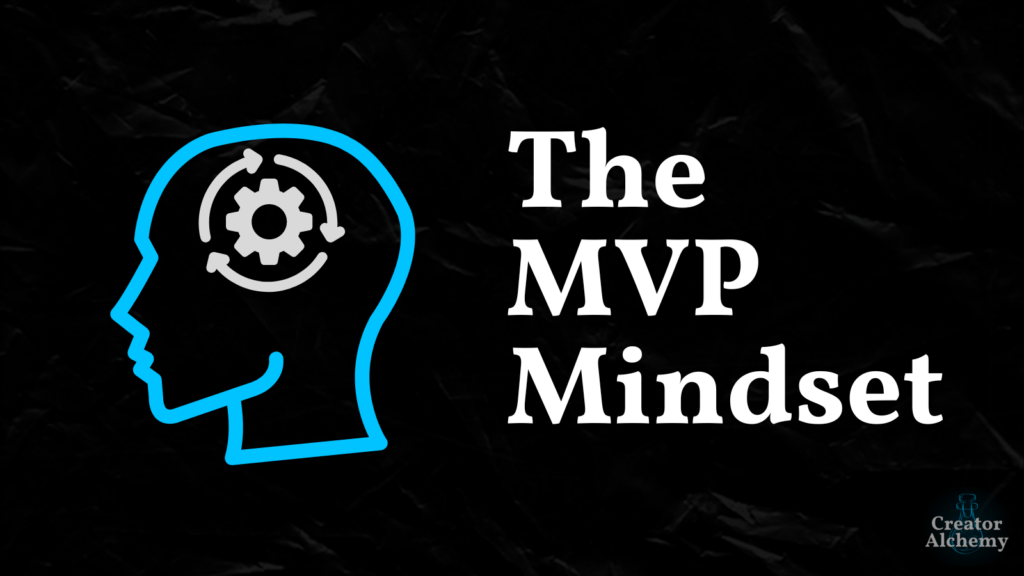One of my friends died today.
He was diagnosed with stage 4 pancreatic cancer two weeks ago. Over the past few years, he’d switched from practicing law to working on his dream: writing a book. His family started a GoFundMe to help cover medical and funeral costs; part of the write-up before he died said:
“His days are dwindling…we do not know how many he has left, but time is short. It’s heart-breaking, but he has run out of time and this dream remains unfulfilled.“
One of the quotes on his Facebook page, now a digital tombstone, reads:
“We choose to go to the moon in this decade and do the other things, not because they are easy, but because they are hard.“
—President John F. Kennedy
A few years ago, another friend died similarly. After decades in higher education, he enrolled in a Creative Writing graduate program and was working on, I believe, an autobiography about growing up gay in Appalachia. He died with his degree — and his book — half-finished.
JK Rowling talked about how her mother died before the Harry Potter series took the world by storm. “She never knew about Harry Potter. I started writing it six months before she died, so that is painful. I wish she’d known.”
I’m writing a book. Two of my grandparents have already passed away. They’ll never read anything I’ve written.
This article isn’t a eulogy for the people who have already passed away. It’s a memorial for you — or, more specifically, the life you will live.
•••
The “Slave, Save, Retire” Mindset
You turn 18, find a “safe” job, then spend the next 40+ years of your life working a job that makes you miserable. It’s cool, though, because you totally get to enjoy yourself on the weekends and the occasional week vacation. Then, when you retire, you’re really going to live your best life and do what you want to do. Sound familiar? It’s the story we’ve all been sold, but it doesn’t hold up to a closer inspection.
I have another friend whose life reflects this story. As she got older, her health got worse. She retired a few years ago so she could enjoy her health, in her own words, “while I still have it.” A few months ago, she was diagnosed with metastatic breast cancer. Today she got more news: it’s spread to her bones. Now the family’s looking into palliative care to help ease her suffering during her final days.
I’m not just sad; I’m fucking angry. Too many of us live our entire lives doing shit that makes us miserable for a payoff that isn’t guaranteed and isn’t worth the cost of our health and wellbeing.
Tim Ferriss, the author of The 4-Hour Work Week and a modern proponent of Stoicism, calls this the “slave, save, retire” mindset. Ryan Holiday, another modern Stoic whose books such as The Obstacle is the Way have transformed the way many successful entrepreneurs, athletes, and musicians think about the world, recently discussed ways to jump off this soul-sucking treadmill on Tim’s podcast:
“Don’t work a crappy job that you hate so in 50 years you can retire and go to the beach. Think about what decisions you can make now that give you the access to the beach in the intermediate or short term.”
“Ask yourself, ‘Am I having the time and the life that I want?’ Not, ‘Am I doing this so maybe I can get that in the future?’”
“Are you designing a life you actually like living in?”
On the same episode, Tim adds to this by explaining the concept of lifestyle design:
“[Lifestyle design is about] trying to cultivate an acute awareness of knowns and unknowns.“
You don’t know if working a miserable job now will lead to a satisfying retirement later, or that the people you’re planning to spend it with will still be around. But you do know that you will die someday. We can use death as a motivator to live well.
•••
Memento Mori
“Let us prepare our minds as if we’d come to the very end of life. Let us postpone nothing. Let us balance life’s books each day. The one who puts the finishing touches on their life each day is never short of time.“
—Seneca
Memento mori, roughly translated as “remember you will die,” is a Stoic reminder to make the most of each day. It isn’t meant to be morbid or depressing. It’s designed to keep you focused on what matters most instead of trivialities.
How many events in your past would you like to relive? How much would you pay to spend one more day, or have one more phone call, with a loved one who’s passed away?
Memento mori reminds us to cherish what we have while we have it, which includes our day-to-day life. It’s rarely the big things we reminisce about on our deathbed. It’s the small things. Waiting to enjoy life until we retire blinds us to the small things along the way.
But beyond helping you practice gratitude, memento mori serves another powerful function.
Why did my friends wait until it was too late to pursue fulfillment? Why did two of them put off writing their books instead of starting earlier? Why did my other friend wait so long to retire and enjoy her life more?
For the same reason most of us put off doing meaningful work: Fear.
We’re afraid of failure. We’re afraid of ridicule. We’re afraid of the unknown. We’re even afraid of success.
Memento mori is the antidote to fear. Because every fear we have pales in comparison to the 100% fact that every single one of us will die one day.
Fuck fear.
You have one life to live, why waste it doing things that make you miserable? Maybe your job pays well, but how much time does it require you to spend away from your family? How long have you procrastinated writing that book, learning to play an instrument, studying a foreign language, or traveling because you’ll get around to it someday?
“Don’t behave as if you are destined to live forever. What’s fated hangs over you. As long you live and while you can, become good now.”
—Marcus Aurelius
You won’t live forever, but you can live a life that brings you happiness.
•••
Living A Meaningful Life
“Pay attention to what you wish you were doing when you’re doing something else.“
—Joyce Rachelle
The ancient Greeks called it eudaimonia, while Dr. Abraham Maslow called it self-actualization, but self-fulfillment has a few core components:
- Live in accordance with your values. If you value creativity and freedom, but your job has you confined to a tiny cubicle doing the same repetitive tasks, you’ll experience what psychologists call “cognitive dissonance.” This mental friction caused between your values and your behavior leads to misery.
- Know what you truly want out of life and live up to your potential. If you won the lottery and never had to do anything for money again, how would you spend your time? For some people, that might be writing, playing music, volunteering at a homeless shelter, reading to kids at a local library, or opening a martial arts gym.
- Pursuing it is meaningful, even if it isn’t always pleasurable. Michael Jordan spent his career doing what he loved, but losing a game is painful for anyone. Neil Gaiman finds purpose and meaning in creating stories, but he’s been frustrated by many a project. Fulfillment isn’t about doing something that’s fun all the time, but despite the pain and frustration, it’s worth it overall. It’s about a higher purpose — a calling — we feel compelled to strive toward.
Here’s a question to ask yourself: If you could wave a magic wand and spend the rest of your life doing anything you wanted, what would it be? You don’t have a magic wand, but you do have the present moment. What will you do today to live a more meaningful life?
•••
Moral of the Story
“It is not death that a man should fear, but rather he should fear never beginning to live.“
—Marcus Aurelius
Too many people die regretting not having done more with their lives. They lived in mediocrity and died in misery.
Every article I write is meant to be a piece of the puzzle to help you make the most of your life—to reach your potential and pursue fulfillment in life and business.
It’s the same reason I coach: I want to help as many people flourish as I can with the time I have left. Because I know we’re capable of accomplishing more than we allow ourselves to believe is possible. Helping others flourish, and creating content around memento mori and flourishing is the most fulfilling work I can imagine—and I’ll do it until the day I die.
So write the damn story. Take the class. Learn the language. Travel. Build a purpose-driven business that fulfills you.
Figure out what you want out of this one life you have. Choose to do the hard things, even if you’re afraid. Live a life that brings you joy with people you love, and cherish what you have while you have it — because you all might not make it to tomorrow.
I’ll be spending my immediate future writing, coaching amazing people, visiting loved ones, and enjoying the small things.
What will you be doing?



